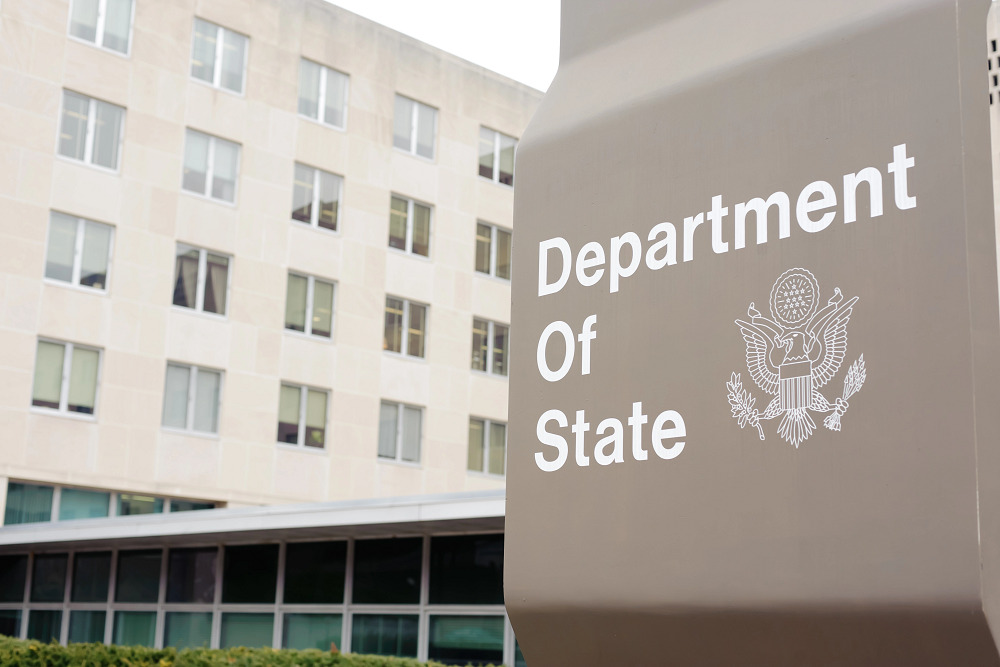Thank you. On behalf of the United States government, let me start by thanking Lebanon for the successful shepherding of this resolution to adoption by consensus.
The United States remains actively engaged in the work of addressing global food insecurity through significant humanitarian and development assistance and we strongly support the objectives of the resolution.
As others have mentioned, on May 18, the United States Secretary of State Antony Blinken convened a Global Food Security Call to Action ministerial meeting at the UN, here in New York. Several dozen ministers exchanged views on what needs to be done to address the recent spike in hunger and malnutrition around the world. The ministerial meeting was followed by a UN Security Council open debate on Conflict and Food Security, and all of this was part of a Days of Action on Global Food Security.
At the conclusion of the ministerial meeting, Secretary Blinken publicly released a chair’s summary, which is entitled “Roadmap for Global Food Security-Call to Action,” which outlines the principal steps countries could take to respond to this crisis. The Roadmap includes actions such as bolstering agricultural supply, meeting the immediate humanitarian needs, keeping open food and agricultural markets, boosting fertilizer production, and strengthening long-term agricultural resiliency.
Today, I would like to invite all the delegations in this hall to also sign on to the “Roadmap for Global Food Security-Call to Action.” Doing so would demonstrate global solidarity in the fight against hunger and help to build momentum to implement solutions.
While we are proud to co-sponsor this resolution, I must note with regret, as others have, that the text does not address the most important factor increasing food insecurity and commodity prices globally. That is Russia’s brutal, unprovoked, and unjustified invasion of Ukraine. It is Russia’s destruction of Ukrainian farms, its agricultural sector, and food destined for export that is directly contributing to hunger and malnutrition around the world.
The United States reiterates that it is not a party to the International Covenant on Economic, Social and Cultural Rights and underscores that this resolution is nonbinding and does not change the current state of conventional or customary international law regarding human rights, including regarding food.
We understand abbreviated or other modified references to certain human rights in this resolution to be references to the more accurate and widely accepted terms used in applicable treaties or in the Universal Declaration of Human Rights. We also take note that State parties to the International Covenant on Economic, Social and Cultural Rights undertook to progressively realizing the rights contained in the declaration, and consistent with that, we maintain the position that there is no separate right to access safe and nutritious food.
The United States firmly acknowledges the right to adequate food as a component of the right to an adequate standard of living, and we maintain that as part of the progressive realization of this right, States have an array of policies and actions that may be appropriate, so we do not interpret this text to proscribe particular obligations or define the scope of how States progressively realize that right.
Regarding language in the text promoting a universal and equitable system of global trade under the WTO, it is our view that UN bodies must respect the independent mandates of other processes and institutions, including trade agreements, and must not involve themselves in decisions and actions in other forums, including at the WTO.
It is our strong position that the phrase “fully respecting planetary boundaries,” is vague and ill-defined in the text. The United States has opposed this idea since its inception in 2009, given our continued emphasis on science-based decision making. Further, planetary boundaries references are not contained in the instruments referenced in the resolution such as the Paris Agreement, the UN Framework Convention on Climate Change, or the Convention of Biological Diversity.
With this general statement, the United States is pleased to join as co-sponsor on this resolution.
Thank you, Mr. President.
Original source can be found here.







